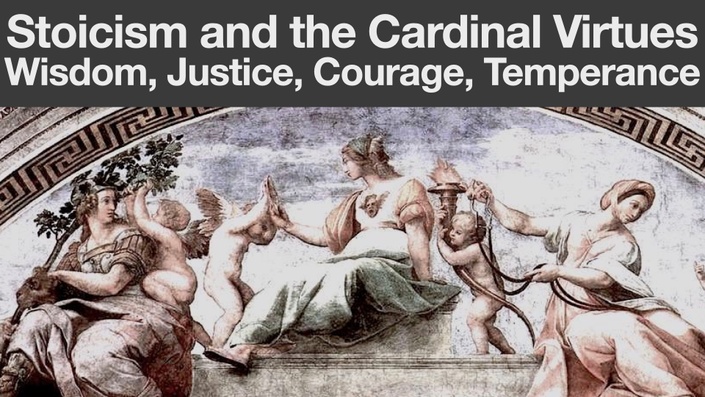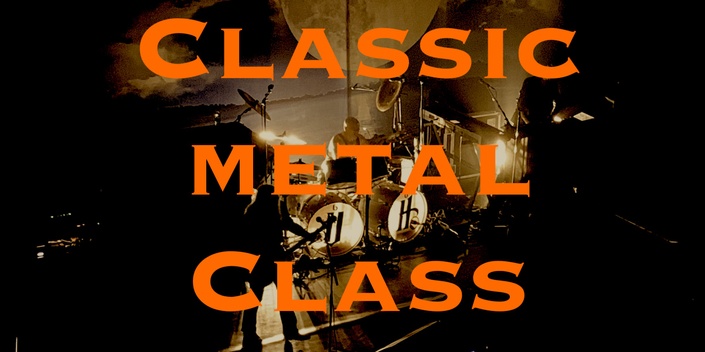Study Online with the YouTube Philosophy Guy!
At ReasonIO, we put philosophy into practice. Our goal is to inspire learning by providing exceptional content, in an accessible format, on topics that are challenging, rigorous, and fun! Sign up today to study with us. We would be delighted to have you join our global learning community!
Join Now!



